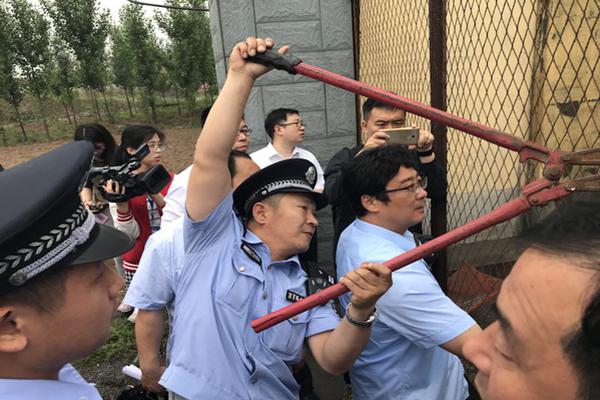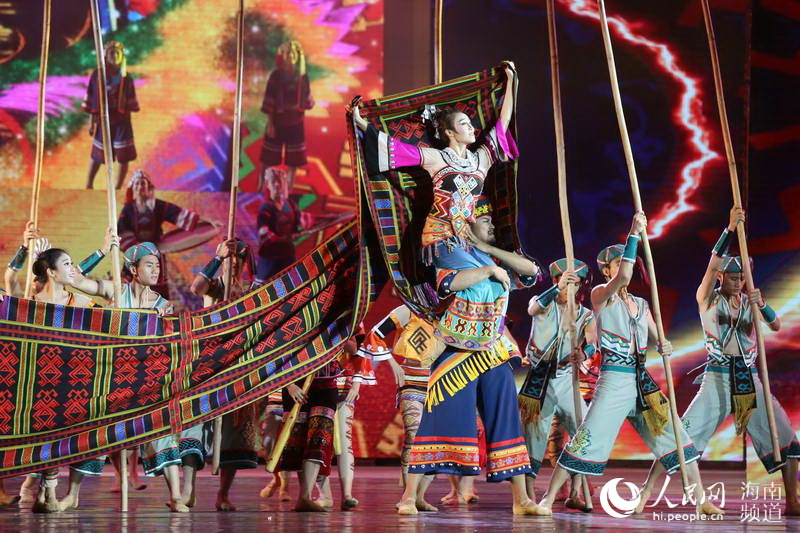【random sex videos porn】Barbara Kawakami, Expert on Japanese Immigrants to Hawaii

Japanese American author Barbara Fusako Kawakami, age 103, passed away peacefully on Dec. 20, 2024, near her home in Mililani, Hawaii.
She was born in Kumamoto, Japan on Aug. 24, 1921, and voyaged with her family back to their Waipahu Plantation home at the age of 3 months. Her life on the plantation was both joyful and challenging, as her father Torasaku Oyama died while she was a young child, and her mother Matsu raised Fusako and her eight siblings by doing laundry for the plantation bachelors.
Fusako excelled in elementary school, but in those times high school was beyond her reach, and she learned to sew and opened up her own dressmaking shop in Waipahu. She eventually married Douglas Kawakami, and as her family grew, they moved to Wahiawa, where Douglas eventually established Wahiawa Farm and Feed Store while Fusako, now adopting her English name Barbara, relocated her dress-making shop.
Over the years she sewed exquisite bridal gowns and bridesmaid dresses, unique gowns worn at White House balls for her military customers, and even song leader dresses for Leilehua High School. Barbara also took up oil painting and was as thorough and accomplished in painting as her sewing.
As her children grew up and started to leave home, she saw them pursuing further education and realized that her own education had once been interrupted when she was still a child. She completed her high school education in 1959 attending the Leilehua Adult Education Program in the evenings, and then embarked on her lifelong pursuit of knowledge, first at Leeward Community College in Waipahu, then the University of Hawaii at Manoa, earning a bachelor’s degree in fashion design and a master’s degree in Asian studies with honors.
Barbara by then had started to branch out to related activities that sprung from her academic studies and became a unique cultural and historical resource on sugar plantation history and Japanese immigration to Hawaii. In 1993, she published “Japanese Immigrant Clothing in Hawaii, 1885-1941, A Journey Through Clothing” (University of Hawaii Press).
Barbara made numerous presentations in Hawaii, on the mainland, and in Japan presenting her unique perspective, and served as historical and costume consultant on the movie “Picture Bride,” released in 1989 by Miramax Pictures, in which Toshiro Mifune appeared in his last role as a benshi (narrator for silent films).
In 2012, Barbara was recognized by the Hawaii Honpa Hongwanji Buddhist Mission as a “Living Treasure” for significant accomplishments while contributing to the welfare and betterment of the overall community and was subsequently honored by the Hawaii State Legislature.
In 2016, she published “Picture Bride Stories” (University of Hawaii Press), which won the 2016-2017 Asian/Pacific American Award for Literature in the Adult Non-Fiction Category in Chicago on June 25, 2017.
In 2019, Barbara traveled to the Imperial Palace in Tokyo to be presented with the Order of the Rising Sun, Silver Ray award by Emperor Naruhito for her meritorious service over her lifetime.
Her collection of artifacts and writing is part of the collections of the Japanese American National Museum in Los Angeles, the Smithsonian National Museum in Washington, D.C. and other organizations in Hawaii and Japan.
In her final years, Barbara was still pursuing her writing, and her last work, which is part autobiographical and part historic, may be posthumously published. The working title is “100 Years.”
Barbara was predeceased by husband Douglas in 2001, and son Steven in 2017, and is survived by daughter Fay (Ivan) Toyama, son Gary (Brigitte) Kawakami, five grandchildren and six great-grandchildren.



